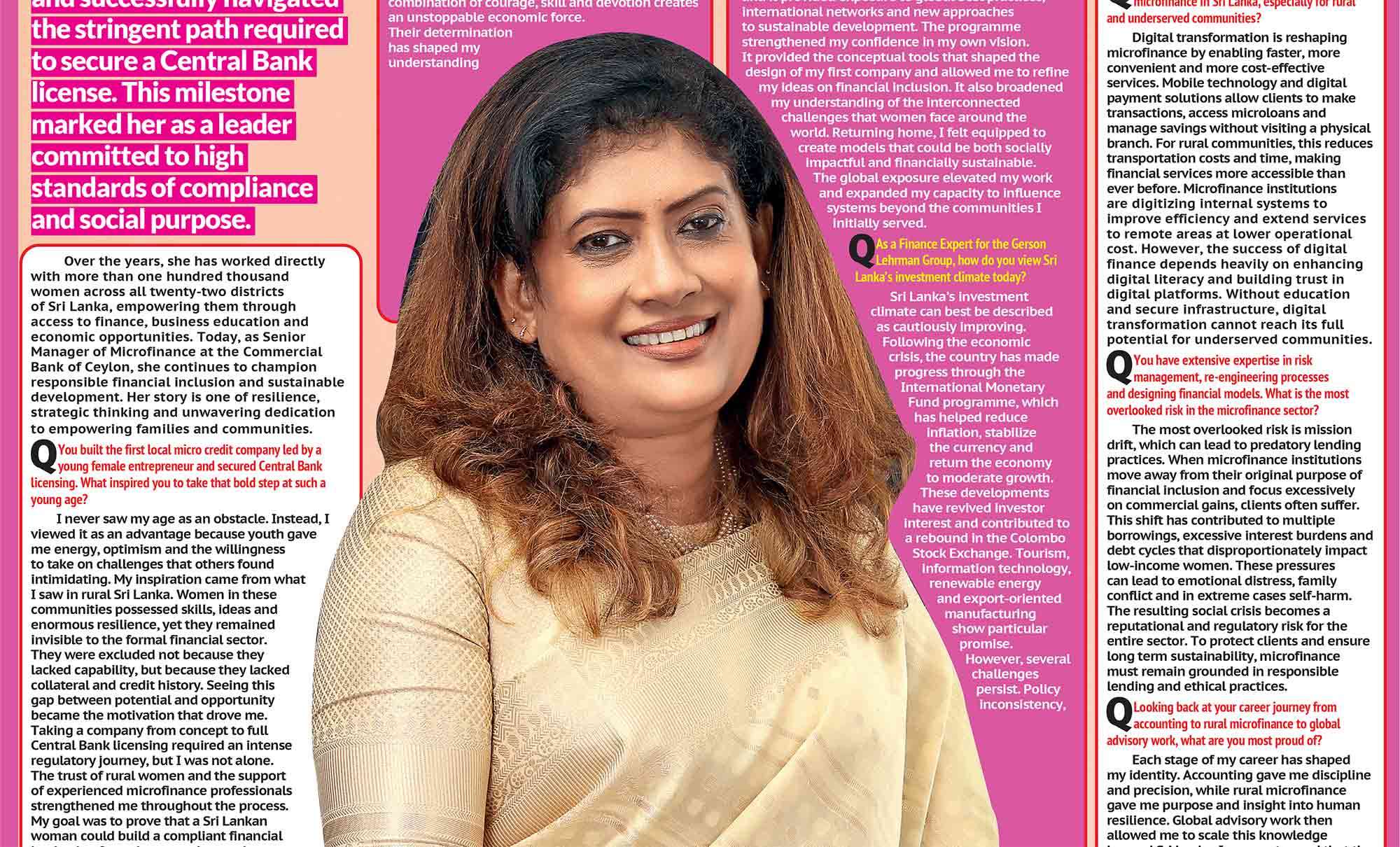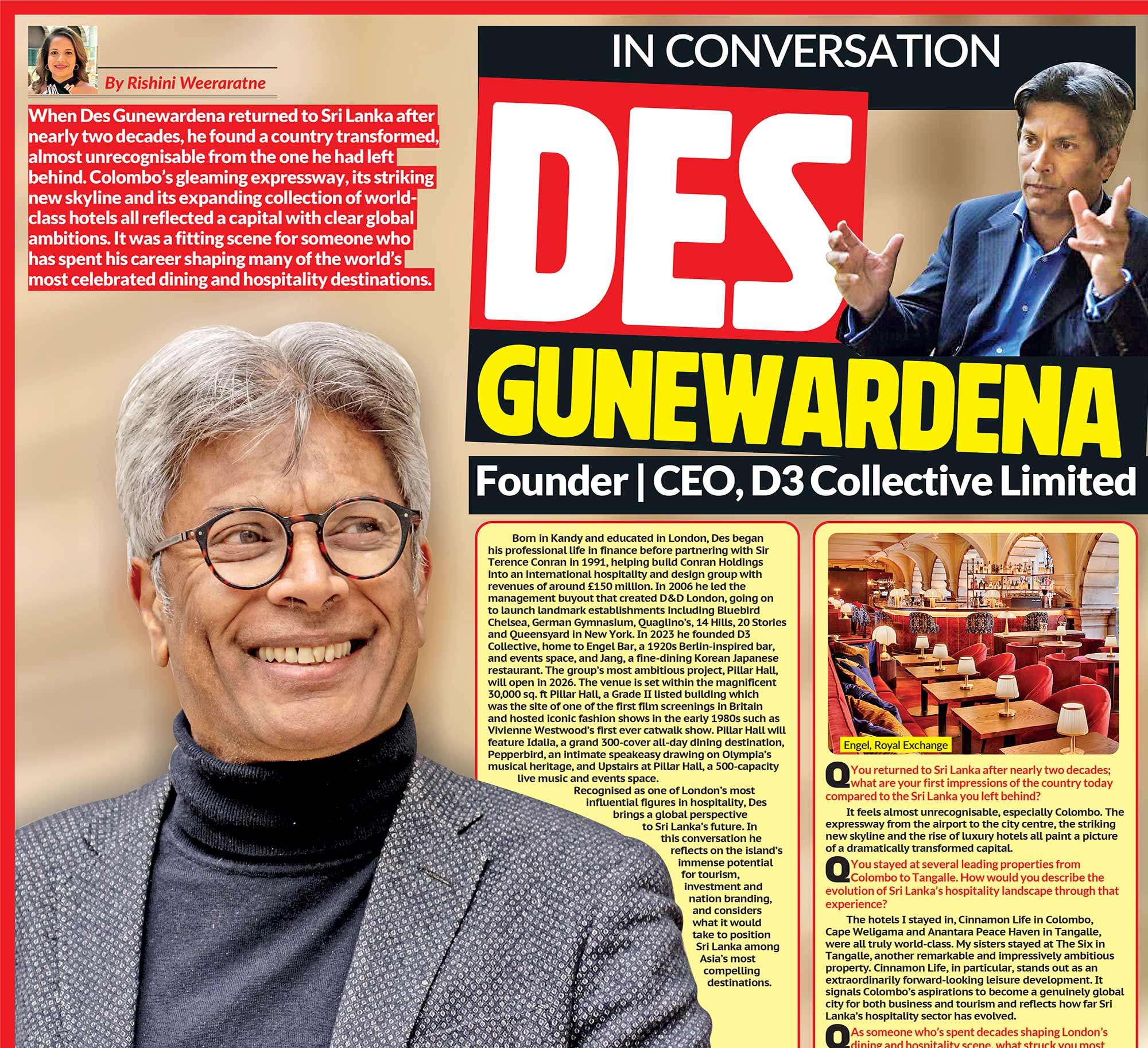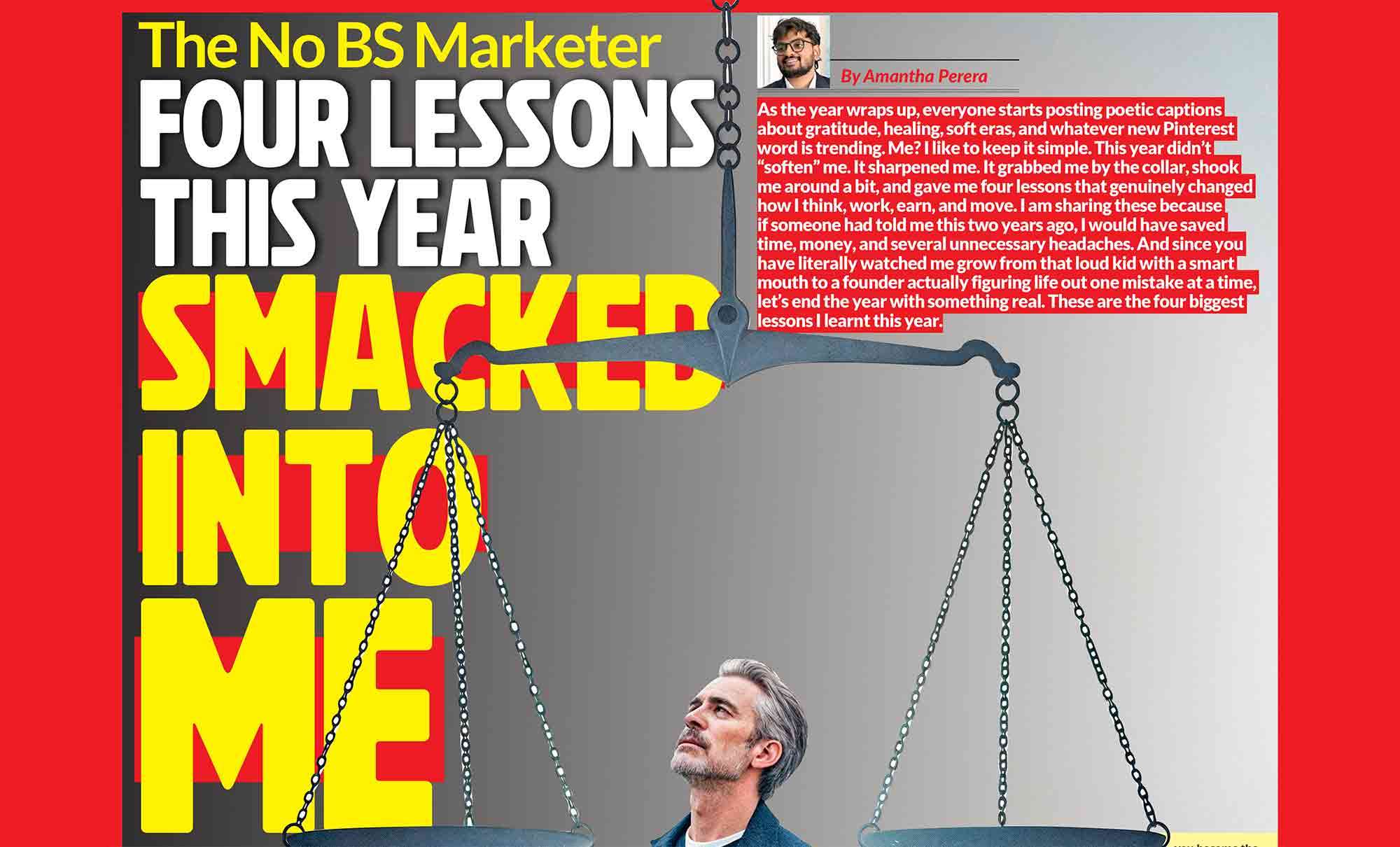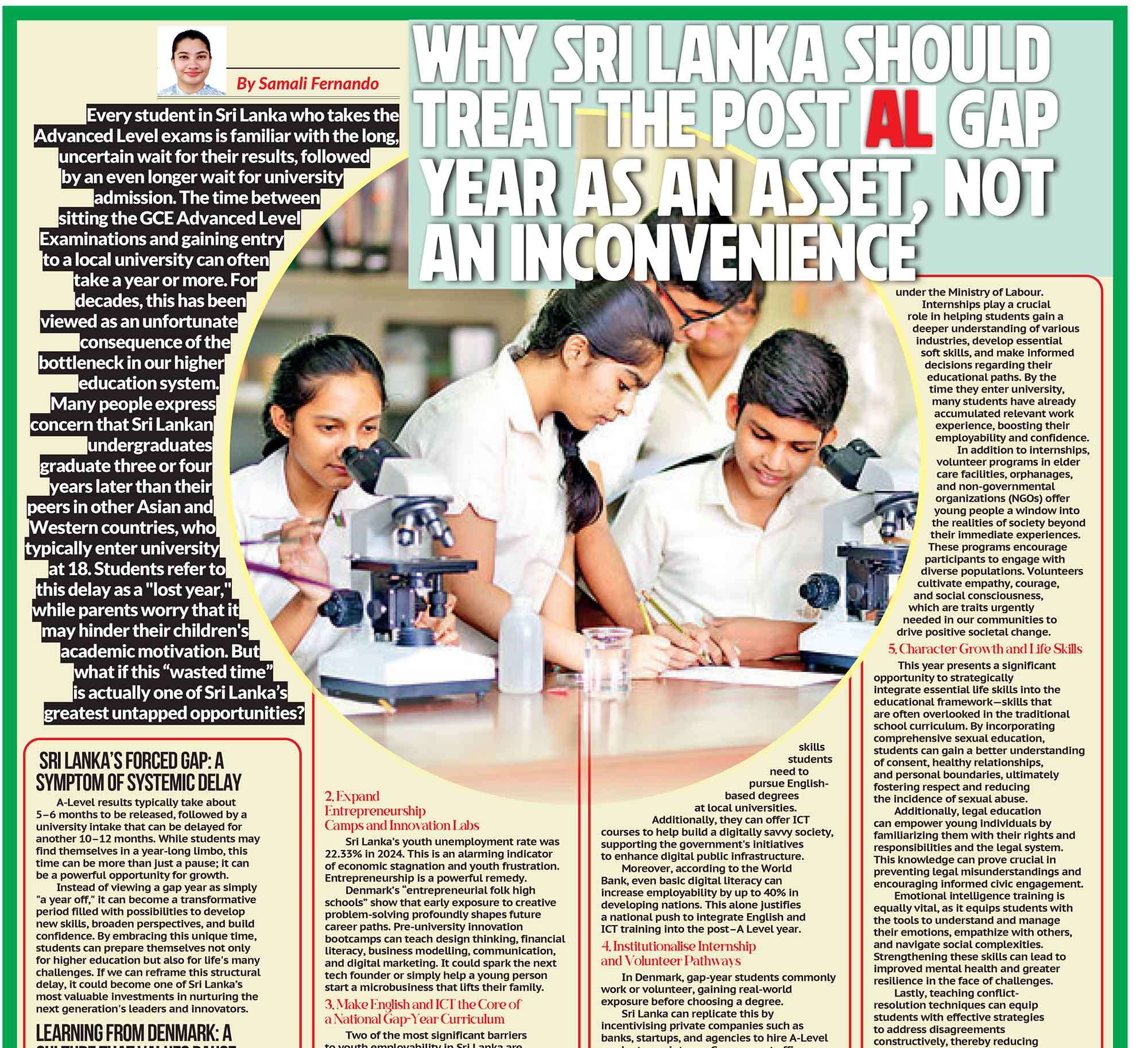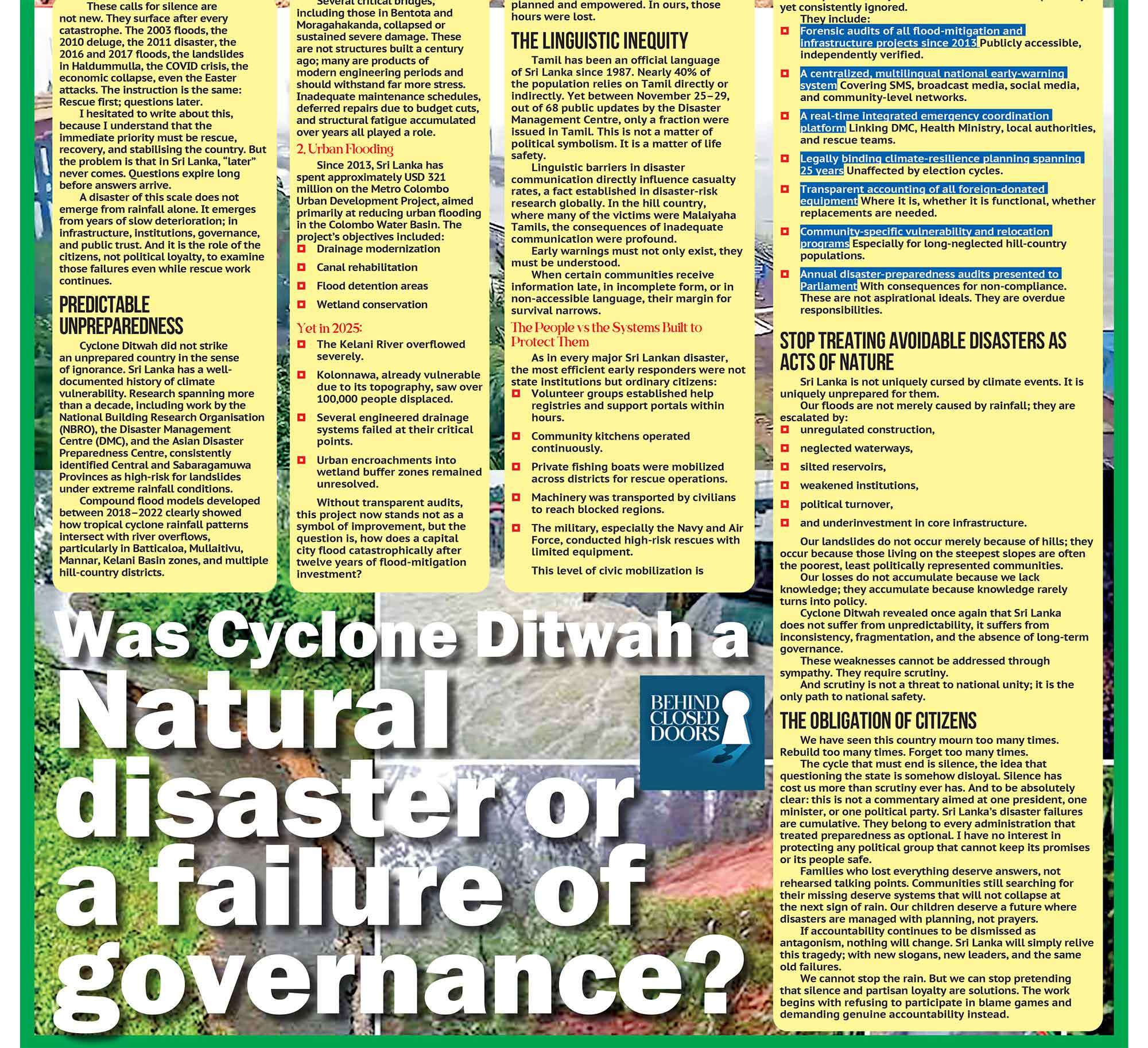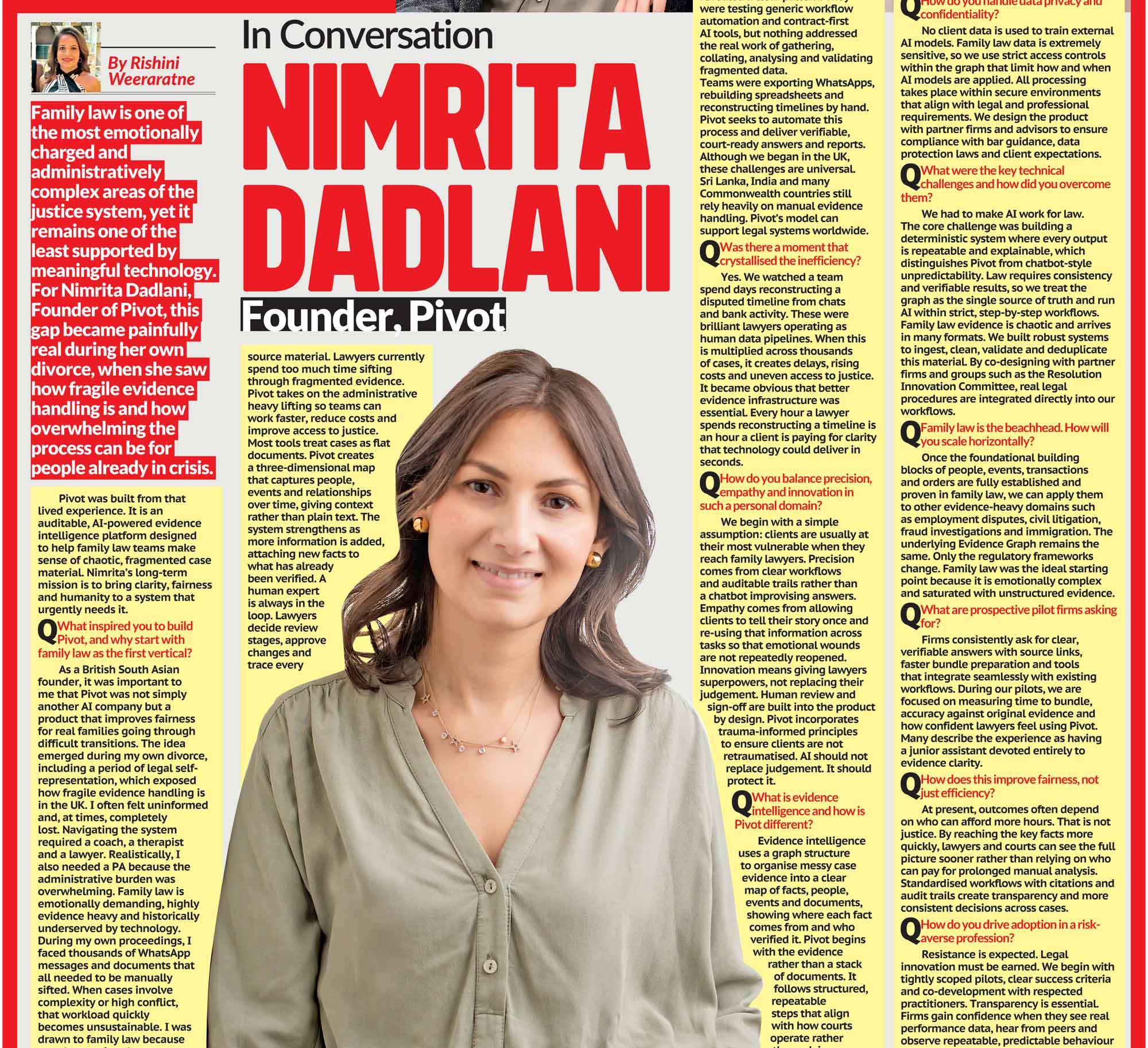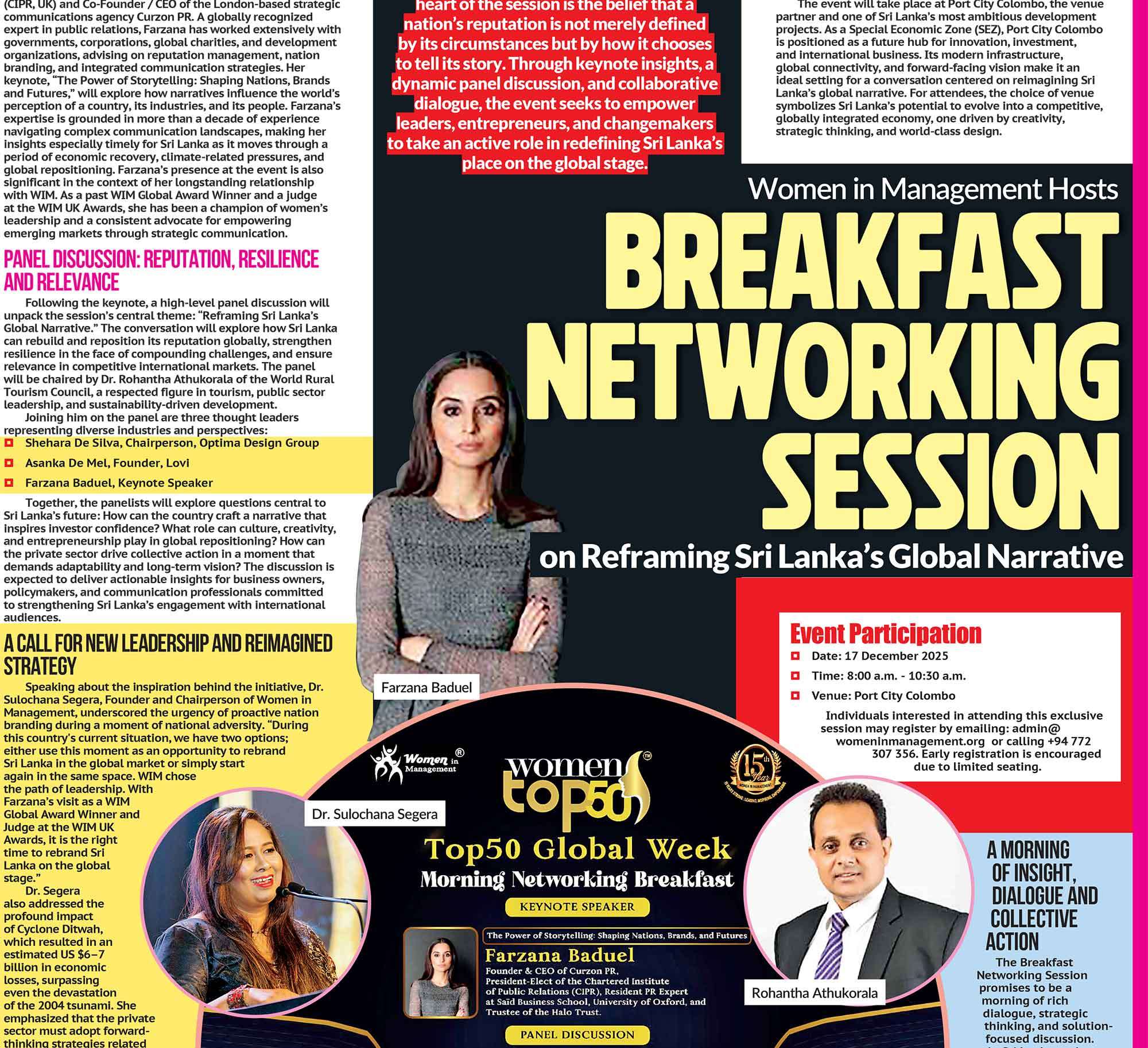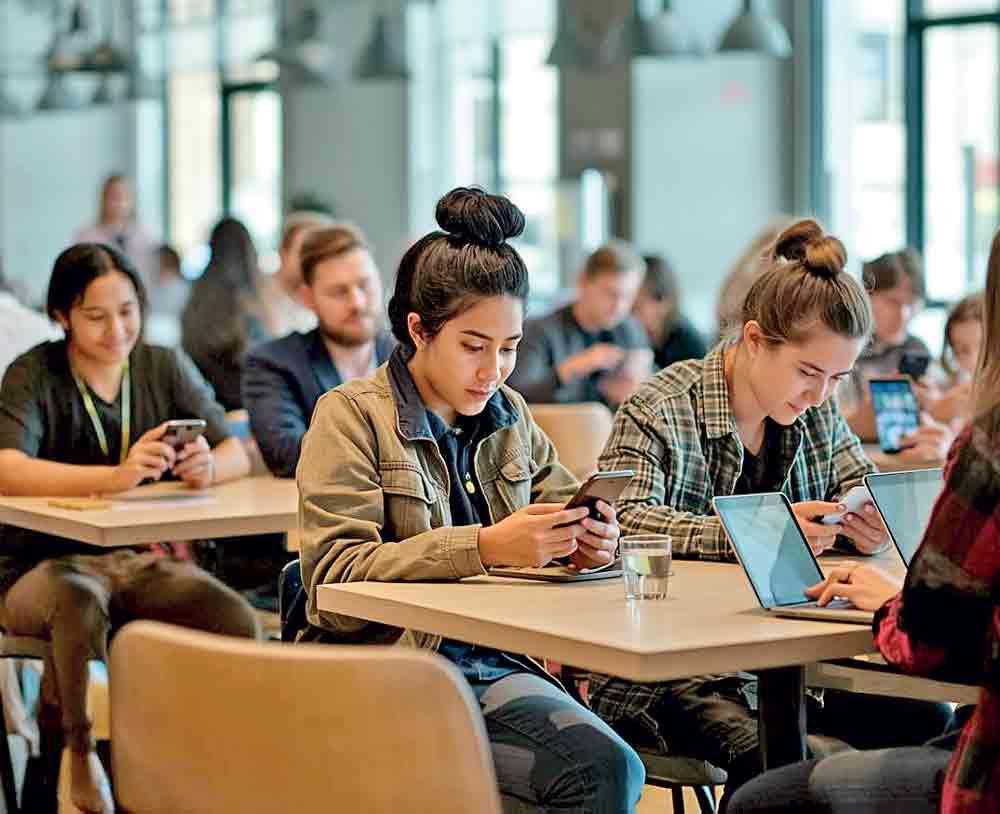
It’s strange, isn’t it? We live in a time when it’s easier than ever to reach each other . We can message anyone instantly, scroll through countless updates, and stay “in touch” without leaving our chairs. Yet more and more people quietly admit to feeling alone. We have people around us, we’re part of group chats and online circles, but deep down, many of us still feel unseen.
The World Health Organization, in its 2025 global report on social connection, recently called loneliness a global public health concern, reporting that one in six people across the world experience it. It’s not just an emotional ache . Chronic loneliness has been linked to heart disease, depression, weakened immunity, and even premature death. But beyond the data lies something more personal: a quiet truth about modern life.
Though we are connected in every possible way, we remain distant in the one that matters most which is emotionally. We may seem more connected than ever, yet in many ways we have never felt further apart. After all, our phones never leave our sides. But somewhere along the way, our communication became faster and our conversations became shallower. We share updates, not feelings. We “react” to posts instead of really listening. We can have hundreds of “friends” and still feel like no one truly knows us.
I’ve noticed how often people sit together but stay absorbed in their screens . Families at dinner, colleagues in meetings, friends in cafés. We are physically present, but emotionally elsewhere. We have replaced the warmth of conversation with the convenience of messaging. We edit what we say, delete what feels too vulnerable, and end up sharing polished versions of ourselves. It’s safe, but don’t you think it’s also lonely? Real connection is unpredictable, and it needs eye contact, silence, and sometimes awkward pauses. When we avoid those, we also avoid the intimacy that comes with being real.
The irony of modern life is that we can reach more people than ever before, yet we feel less close to each other. As many scholars and social commentators have observed, it’s a modern paradox: we are surrounded by connection, yet starving for belonging. Loneliness isn’t about being alone; it’s about the gap between the relationships we want and the ones we have. You can be in a crowd, or even a marriage, and still feel lonely. And the cost is huge , not just emotionally but physically. Studies show that social isolation increases the risk of early death as much as heavy smoking or obesity. It heightens stress, weakens immunity, and can change how we think. When we feel lonely for too long, we start to expect rejection, misread social cues, and pull away even more. Digital life can quietly deepen that feeling. Scrolling through images of other people’s happiness can quietly magnify our own sense of absence. We see closeness everywhere yet feel none of it ourselves.
The World Health Organization’s 2025 report makes it clear: loneliness is now one of the defining public health challenges of our time. It found that young people, especially those aged 13 to 29, are among the loneliest, despite being the most digitally connected generation in history. In lower-income regions, loneliness is also on the rise, partly due to rapid urbanization and long work hours that leave little time for community life. Older adults, meanwhile, face physical isolation, often living alone with few social supports.
Across all groups, the message is the same: strong social bonds are essential for health, well-being, and even survival. The WHO urges governments to invest in creating “social infrastructure”, public spaces, community programs, and workplaces that encourage real human contact. But it also reminds us that connection begins with individuals in how we listen, reach out, and show up for each other.Rebuilding a connection does not always require grand gestures. Sometimes it begins with the smallest act of care, such as sending the message you have been postponing, asking someone how they really are, and then staying long enough to listen.
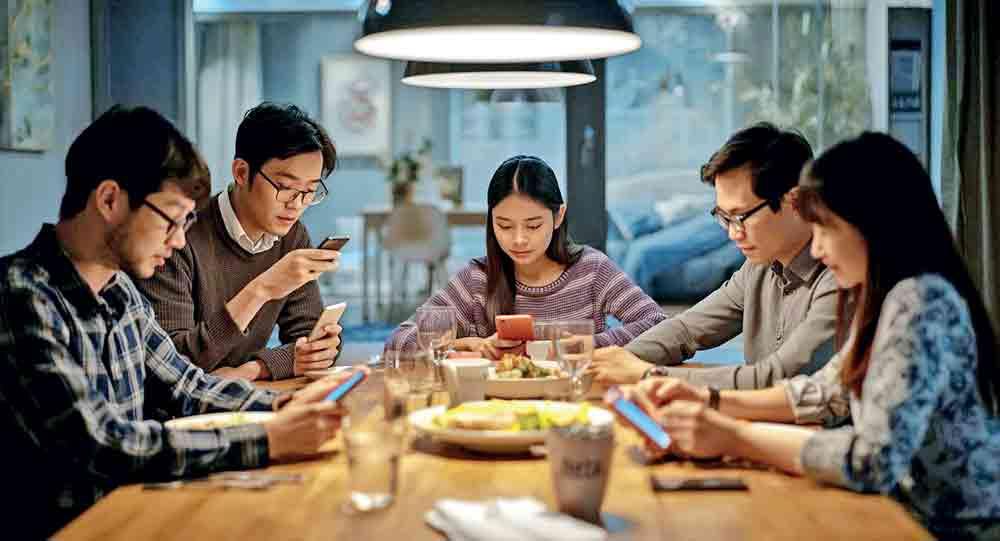
Over the years, many reflections on loneliness have pointed to a few simple but powerful habits that help us reconnect. They remind us that relationships are built through intention, not accident. It begins with speaking to yourself kindly, taking time for honest self-reflection, and allowing space for your emotions instead of pushing them aside. When you learn to comfort and understand yourself, you create the emotional safety needed to connect with others without fear or expectation. The next step is to reach out first. Be the one who makes the call, sends the text, or starts the conversation. One small act of initiative can reopen a door that has quietly been closed. Another way is to join communities that reflect your passions. Volunteer, take a class, or join a group centered around something you’re passionate about, because shared purpose naturally fosters connection. Moreover,it is equally important to be present. When you are with someone, put your phone aside, listen with curiosity, and let them feel seen. Then comes the courage to be vulnerable, to share your thoughts and feelings honestly, and allow others to meet the real you. Authenticity creates trust and belonging. Finally, be consistent, because relationships thrive on steady care, not rare moments. Loneliness often convinces us to retreat, but connection grows through small, steady moments of courage, such as a genuine message, a shared coffee, or an honest conversation that begins with “I have missed you” or “I have been finding things hard lately.” Every act of openness reminds us that belonging is not found all at once. It is built quietly, one human interaction at a time.
Maybe the answer to modern loneliness is not to disconnect from technology, but to reconnect through it ,more consciously and more kindly. Use it to arrange real meetings, not replace them. Send a voice note instead of a like. Write a message that says more than “How are you?”Connection isn’t measured by the number of people in our contacts list. It’s measured by the quality of presence we bring to those who matter. When we choose to look up, to slow down, and to listen, we begin to heal something much deeper than loneliness. We begin to remember that being human has always been about more than sharing information. It’s about forming real bonds, where we feel understood, valued, and seen for who we are.
So maybe the question isn’t why we feel alone in a connected world, but whether we’ve forgotten what connection really means. And maybe, if we start small with one real conversation, one shared moment, one act of presence, we might just find our way back to each other.
The writer holds a MSc. Clinical & Health Psychology (UK), BSc Psychology (MY), Adv. Dip. CBT, DBT & Art Therapy (UK)

